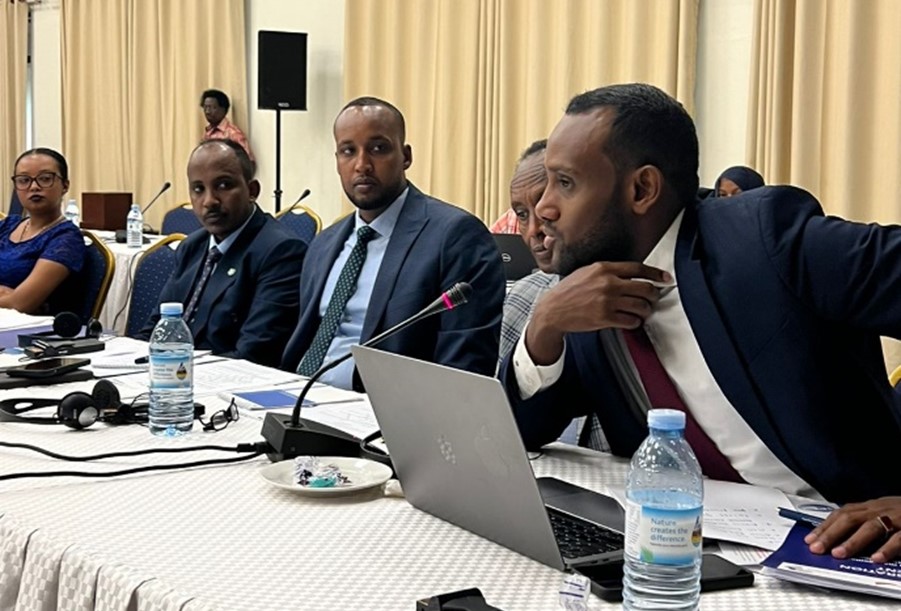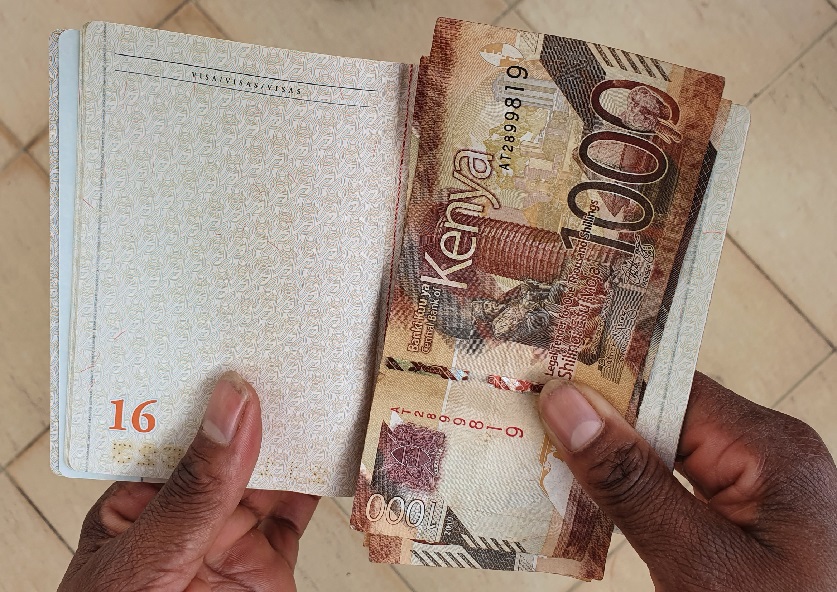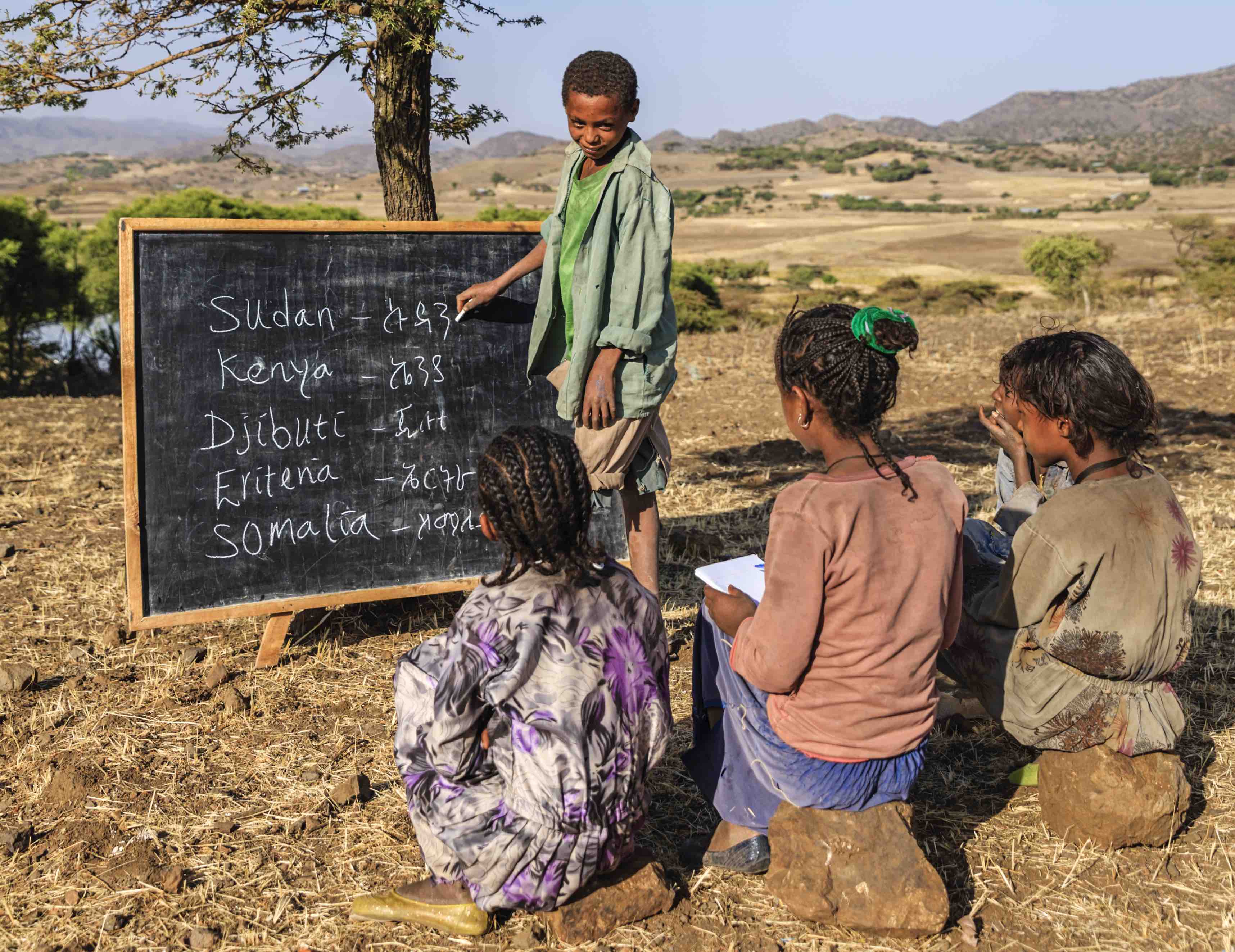Transnational Organized Crime
Your are here : Home / What We Do / TOC
Transnational Organized Crime
in Eastern Africa
East Africa comprises three culturally and geographically diverse areas, namely the East African region (Burundi, Kenya, Rwanda, Tanzania, and Uganda), the Horn of Africa (Djibouti, Eritrea, Ethiopia, and Somalia) and the Indian Ocean islands off the East African coast (Comoros, Madagascar, Mauritius and Seychelles).
The region encompasses both developing and fragile states, some of them struck by severe poverty, creating a combination that has been providing fertile ground for criminal networks to exploit the different contexts.
The criminal activities of these networks include trafficking in persons, drugs, firearms, and natural resources, and profit and launder the proceeds of such crimes throughout the region.
As a result of this, Eastern Africa is increasingly becoming a hub for new trafficking routes - and with criminal groups and illicit traffickers collaborating and operating across borders via advanced technologies and digital means - organized crime is rapidly becoming a complex challenge to counter.
Transnational organized crime is posing a significant threat to human security both in and beyond the region, however, many countries are ill-equipped to tackle the complexities of cross-border crime, as well as provide necessary care for migrants and victims of trafficking. To effectively meet this challenge head-on, cooperation between the countries of origin, transit, and destination throughout the region is vital.
Our Work in the Region
UNODC’s Transnational Organized Crime (TOC) branch is active in the region, as a sub-programme on Countering Transnational Organized Crime and Illicit Trafficking within the framework of the wider UNODC Regional Programme for Eastern Africa (2016-2021), with developing the law enforcement capacity of Member States at a national, interregional and international level, supporting a holistic approach to counter transnational organized crime activities.
Covering the region, the TOC branch is operating out of strategically placed offices, present in Kenya, Ethiopia, and Somalia, while in the ongoing process of setting-up office in Uganda and Tanzania.
Project activities include identifying needs, threats and trends in the region; strengthening specific capacities of criminal justice agencies and practitioners via mentoring, training and workshops; assisting with legal expertise in enhancing national legislative frameworks as well as assisting with coordinating international cooperation.
UNODC Global Programmes
AIRCOP
AIRCOP is a multi-agency project implemented by UNODC in partnership with INTERPOL and the World Customs Organization (WCO). AIRCOP aims at strengthening the capacities of international airports to detect and intercept high-risk passengers, including foreign terrorist fighters, illicit drugs and other illicit commodities (such as arms, wildlife or falsified medical products) as well as to detect victims of trafficking in persons and smuggled migrants. It also aims at facilitating communication and coordination between origin, transit and destination countries to disrupt cross-border illicit flows and criminal networks.
Activities of AIRCOP in the region are funded by the European Union under the Instrument contributing to Stability and Peace, within the Global Illicit Flows Programme.
Cybercrime Programme
The complex nature of cybercrime, operating in the borderless realm of cyberspace, is compounded by the increasing involvement of organized crime groups. Perpetrators of cybercrime, and their victims, are often located in different regions, and its effects ripple through societies around the world. This highlights the need to mount an urgent, dynamic and international response.
UNODC and its Global Programme on Cybercrime (Commenced in 2013) have the mandate and backing of the international community to assist member states in the fight against cybercrime. This broad political support and legitimacy is unique and enables UNODC to act globally against the challenges posed by cybercrime and assist Member States in enhancing counter-cybercrime capacities from a crime prevention and criminal justice perspective.
With support from the Global programme on Cybercrime and funding from the Government of Norway and the Government of Germany, UNODC has been providing assistance to governments in Eastern Africa to strengthen their capacity to conduct forensic and digital investigations to effectively fight crime in a digital age, especially in relation to transnational organized crime and exploitation of children.
Money-Laundering, Proceeds of Crime and the Financing of Terrorism
UNODC’s Law Enforcement, Organized Crime and Anti-Money Laundering unit is operating in Eastern Africa – as part of the global UNODC programme – to counter criminal groups, who are operating across national borders, and money-laundering to finance terrorist activities.
Firearms
The illegal trafficking of firearms, including the devasting consequences of firearms violence, is posing a serious threat to human security. No region in the world is exempt for this challenge, including Eastern Africa. The UNODC Global Firearms Programme was created to assist states in building adequate criminal justice systems to effectively respond to the challenges posed by organized criminality specifically related to trafficking in firearms its parts and components.
Transnational Organized Crime and International Cooperation
As criminal networks span the globe, efforts to combat them must likewise cross borders so as to ensure that organized crime networks do not simply divert their activities to countries or regions with limited resources in responding effectively to the complexities of cross-border criminal activities. To meet this challenge, the UNODC Global Programme for Strengthening Capacities of Member States to Prevent and Combat Organized and Serious Crime (GPTOC) is a coordinated response of international cooperation in countering transnational organized crime.
Global Illicit Flows Programme of the European Union
The Global Illicit Flows Programme of the European Union (GIFP) is designed to be a more effective mechanism for the European Union to assist partner countries in their efforts to tackle transnational organised crime. It is also intended to serve as a vehicle for the EU and its Member States’ law enforcement authorities to achieve wider global reach.







